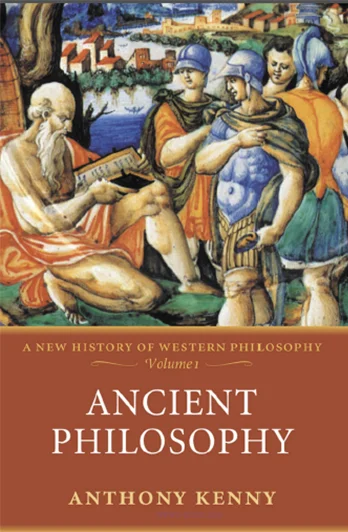Why should one study the history of philosophy? There are many reasons, but they can be divided into two categories: philosophical and historical. We might study the great philosophers who died in order to seek the light that illuminates the themes of contemporary philosophical inquiry. Or we may read their philosophy in the hope of understanding the people and societies of the past, to grasp the conceptual climate in which they thought and acted. One might also read the philosophers of other eras to help solve philosophical problems of eternal interest, or to enter more deeply into the intellectual world of a bygone age.
In this history of philosophy, from its beginnings to the present day, I hope to accomplish both of these goals. As I will try to make clear in this “Introduction,” I intend to accomplish these two objectives in different ways in different parts of the work. Before outlining a strategy for writing a history of philosophy, however, it is necessary to pause and consider the nature of philosophy itself. The word “philosophy” means different things to different people, and accordingly “history of philosophy” can be interpreted in different ways. What it means depends on what a particular historian considers to be the essence of philosophy.
About the Book
Sir Anthony Kenny tells the fascinating story of the birth of philosophy and its remarkable flourishing in the ancient Mediterranean world. In this first volume of a four-volume set, Kenny develops a magnificent history of the new Western philosophy, the first major single-authored history of philosophy in recent decades.
Ancient Philosophy is a lively portrait of the great ideas of the past, spanning more than a thousand years, from Thales, Pythagoras, and Parmenides to Socrates, Epictetus, Marcus Aurelius, and Augustine. The great strength of this book is that it is written by one of the world’s leading authorities on the subject. Rather than uncritically recounting known facts as they are, such as Plato and his Cave of Shadows, Aristotle’s Ethics, or Augustine’s City of God, it allows us to see the major philosophers through the eyes of someone who has spent a life time examining their work.
Thus, for example, we get not merely an overview of Aristotle, but an incisive and insightful critique of his thought. Kenny offers thought-provoking accounts of various schools of thought, from the pre-Socratic to the Epicurean. He examines the development of logic and reason, ancient ideas about physics (“the way things happen”), metaphysics and ethics, and the earliest ideas about the soul and God. Kenny’s lucid and stimulating history will be a definitive work for all who are interested in the people and ideas that shaped the course of Western thought.

